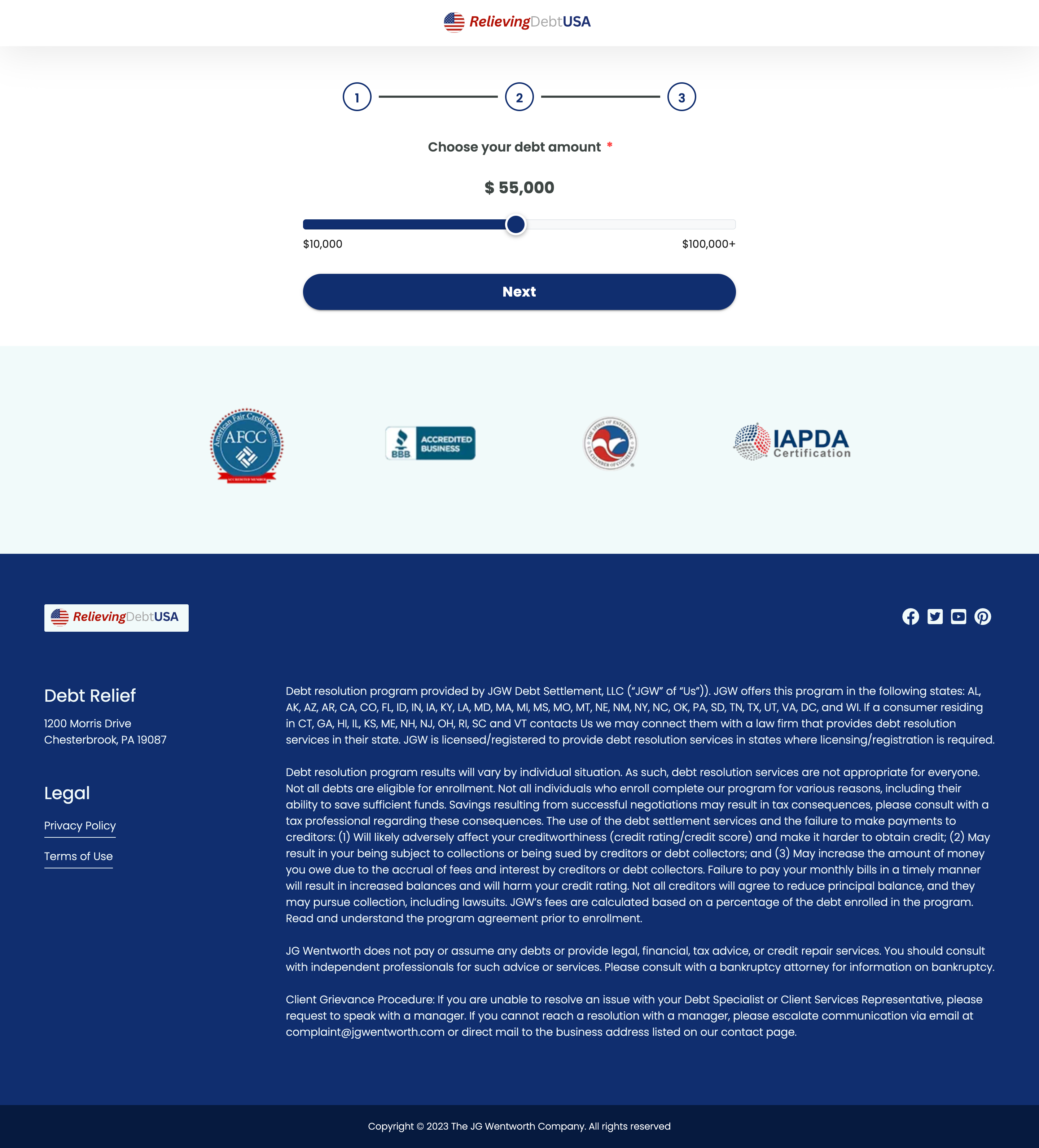The Role of Keyword Research in Landing Page SEO
Keyword research is a fundamental component of SEO strategy, especially for crafting effective landing pages. This article explores the critical role keyword research plays in landing page SEO and how it can significantly impact online visibility and success.
Table of Contents
- Introduction to Keyword Research for Landing Pages
- The Importance of Targeted Keywords in SEO
- Finding the Right Keywords: Tools and Techniques
- Effective Implementation of Keywords in Landing Pages
- Case Studies: Successful Landing Pages Through Keywords
- Tips for Ongoing Keyword Optimization
- Conclusion
Introduction to Keyword Research for Landing Pages
Keyword research serves as the foundation for optimizing landing pages. It involves identifying and analyzing the terms that potential customers use to search for products or services online. By strategically using these keywords, businesses can improve their search engine rankings and increase the visibility of their landing pages.
The Importance of Targeted Keywords in SEO
Targeted keywords are essential in understanding the intent of your potential audience. They help in aligning content with what users are actively searching for, ultimately driving qualified traffic to your landing pages. By focusing on specific keywords, you increase the chances of attracting visitors who are more likely to convert.
Finding the Right Keywords: Tools and Techniques
Several tools can assist in keyword research, including Google Keyword Planner, SEMrush, Ahrefs, and Ubersuggest. These tools provide valuable insights into keyword volume, competition, and trends, enabling businesses to make informed decisions on which keywords to target.
Brainstorming sessions, competitor analysis, and customer feedback are also effective methods for discovering potential keywords. Combining these strategies helps to form a solid foundation for your SEO efforts.
Effective Implementation of Keywords in Landing Pages
Once you have identified the right keywords, the next step is implementation. Keywords should be strategically placed in crucial areas such as titles, headings, meta descriptions, and body content. Ensure that the placement feels natural and does not compromise the readability or user experience of your landing page.
Another critical aspect of keyword implementation is ensuring your landing page is mobile-friendly and loads quickly, as these factors also impact search engine rankings.
Case Studies: Successful Landing Pages Through Keywords
Many successful landing pages owe their success to strategic keyword usage. For instance, a landing page targeting “eco-friendly water bottles” focused on keywords relevant to environmental consciousness, thereby attracting a particular demographic interested in sustainability.
Similarly, e-commerce sites have optimized landing pages around high-intent buying keywords such as “buy men’s running shoes,” which effectively targets customers ready to make a purchase.
Tips for Ongoing Keyword Optimization
SEO is a dynamic field, and keyword popularity can change over time. It is essential to stay updated with the latest trends and continuously refine your keyword strategy. Regular audits of landing pages and updates to content based on changing user behaviors are crucial for maintaining high search engine rankings.
In addition, utilizing analytics tools can provide insights on keyword performance, allowing for strategic adjustments and improvements.
Conclusion
Keyword research is an integral part of landing page SEO. By focusing on targeted keywords, businesses can enhance their visibility on search engine results pages, attract the right audience, and drive conversions. For those looking to improve their landing page strategy, consider using a Chrome extension for landing pages which allows you to rip landing page with Chrome, allowing for deeper competitive analysis and optimization insights.









